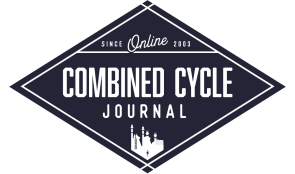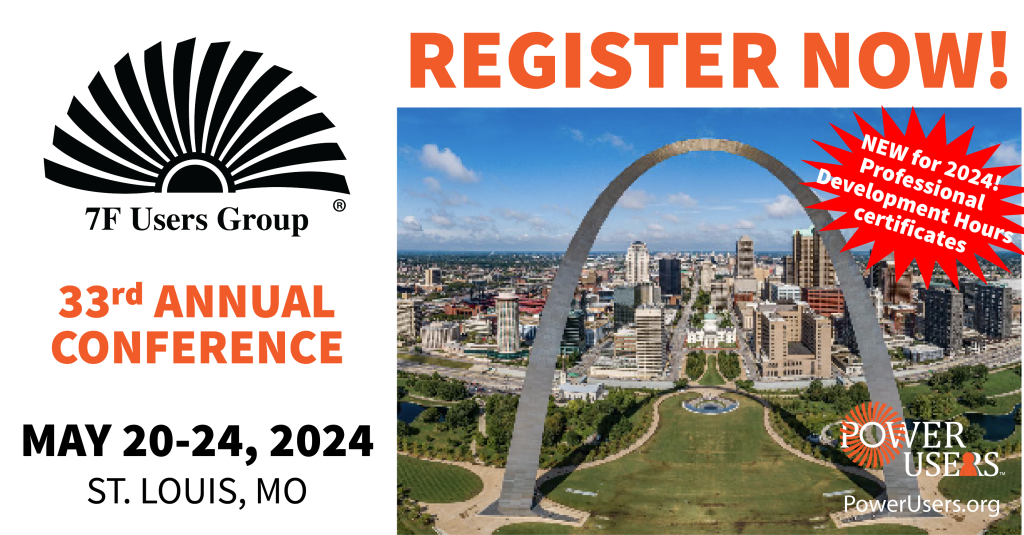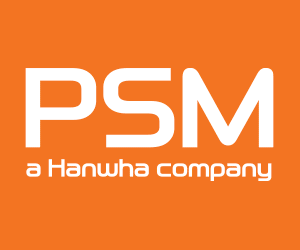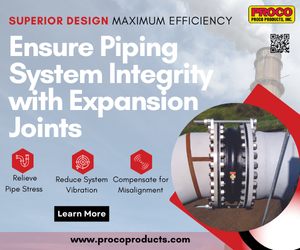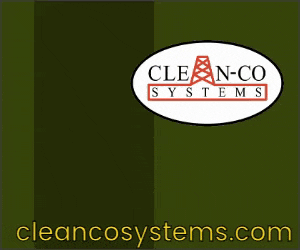Editor’s note: Presenter names, times, and meeting rooms are as of April 23 and subject to change.
Monday, May 20
8 a.m. – noon, Tour of MD&A’s turbine/generator repair facility
1:30 – 4 p.m., MD&A session
Presentations:
- 7F outage planning and solving issues—including best practices, inspection requirements, parts management, and risk mitigation. Richard Rucigay
- Rotor life assessment with 1-2 spacer cracking evaluation—including use of a finite-element model to identify likely crack-initiation sites. An improved spacer design is offered. Mark Passino
- Gas-turbine parts update with wheels availability for rotor life extension. David Fernandes
- 7F component life extension with 7F.04 repair development—covers the typical limiting factors of 7F engine components and how they can be repaired. Case studies are included. José Quiñones PE
- Step-iron liberation from a 7FH2 generator (case history)—including details of the inspection process and repair method. James Joyce
- Controls strategies for life extension.
4 – 7 p.m., VENDOR FAIR
Tuesday, May 21
8:45 a.m., Vendor solutions 1
- TFH2 generator “minor” outages: What can you see? What can you do? AGT Services, Jamie Clark
- Fuel nozzle repair and innovation, Allied Power Group, Jeremy Clifton
- 7F flex seal expansion-joint solutions, Dekomte de Temple, Jake Waterhouse
- Engine-ready advanced TBC for IGTs, Liburdi Turbine Services, Josh Smeltzer
9:30 a.m., Vendor solutions 2
- How to run inlets during extreme events, Donaldson, Bob Reinhardt
- Achieve overhaul-to-overhaul reliability with the right advanced oil analysis, ExxonMobil, Jim Hannon
- Enhancing outage efficiency and reliability through owner engineering expertise, Gulf Turbine Services, Joe Mitchell
- GT rotor-lifting risk associated with cyclic and load-swinging operation, Structural Integrity Associates, Matthew Ferslew
10:15 a.m., Vendor solutions 3
- Rotor life extension: Understanding new benefits and design, EthosEnergy Group, Jeff Schleis
- Understanding the impact of BOP equipment on liquid-fuel-system reliability, JASC, Schuyler McElrath
- Generator stator endwinding vibration operating deflection shape confirms global resonance, Qualitrol—Iris Power, Aaron Doyle
- Interpreting borescope reports: 7F gas turbines, Turbine Generator Advisers, Jason Neville
11:00 a.m., Vendor solutions 4
- Generator monitoring, Environment One Corp, Christopher Breslin
- GTOP4 and FlameSheet™: An alternative to advanced OEM solutions, PSM, Kevin Powell and Katie Koch
- Developing a tactical plan for turbine lubrication lifecycle management to mitigate varnish formation, Shell Oil Products, Chris Knapp
- Navigating F-class rotor end-of-life, Turbine Generator Advisers, David Bitz
11:45 a.m., Vendor solutions 5
- Performance evaluation and instrument calibration, ap4, John Downing
- Effects of GT operational changes on HRSG pressure components (case studies), HRST Inc, Souren Chakirov PE
- R3 modification and upgrade options for the exhaust frame and aft diffuser, Integrity Power Solutions LLC, David Clarida and David Yager
- Everything 7F rotor: Upgrades, life extensions, and supply chain, PSM, Brian Loucks
1:15 – 4 p.m., General sessions (users only)
4 – 7 p.m., VENDOR FAIR
Wednesday, May 22
8 a.m. – 4 p.m., General sessions (users only)
Timelines for the Tuesday afternoon and Wednesday user presentations and discussion sessions had not been finalized before CCJ went to press. However, the topics to be addressed include the following:
- Trip-reduction efforts in a 7FA fleet—including determination of focus areas, single-point vulnerability, and a case study on how some findings were addressed to improve reliability.
- 7F DLN 2.6+ combustor washer distress will provide a brief overview of the RCA for the existing washer and discuss the importance of replacing it with an upgrade.
- Combustion fallout because of inner-support-ring failures.
- Finding turbine-compartment leaks.
- Chemical foam cleaning of 7FA.03 compressors fouled with minerals.
- Compressor IGV adjustments to compensate for gas-turbine operational issues.
- Issues with a non-optical flame detection system.
- Design evolution and inspection quality control of first-stage buckets.
- HMI and controls enhancement.
When you receive your conference registration packet, be sure to look through the programs for Tuesday afternoon and Wednesday. There are sure to be more topics than those listed above; plus, you’ll have access to the final lineup of presentation times.
Thursday, May 23 (GE Day)
8 – 10:45 a.m., GE session (users and GE only)
Following the opening session there are four one-hour GE breakout sessions, each with three concurrent presentations. Here’s the lineup:
11 a.m., Breakout 1: Combustion turbine 101, Compressor and turbine, Digital solutions.
1 p.m., Breakout 2: CT auxiliaries, Power management, Supply-chain overview.
2:15 p.m., Breakout 3: Combustion, Running my plant to 2055 (part 1) Technical dialog (NCR, ER, TIL, RCA).
3:30 p.m., Breakout 4: 7F.04-200 upgrade, Running my plant to 2055 (part 2), Controls.
Here’s what each of the GE breakouts promises in terms of content:
- Digital solutions. How predictive ad prescriptive analytics are leveraged to optimize efficiency, reliability, and profitability.
- Combustion turbine 101. An introductory session covering power-generation and CT fundamentals, combustion theory, 7F evolution, Brayton cycle.
- Compressor and turbine. Latest field experience and best practices, emerging fleet issues, TIL revisions, new PSIB/PSSB releases.
- Power management. Getting comfortable with what’s happening outside the plant fence and thinking about ways to mitigate likely risks.
- Supply-chain overview. On-time delivery of parts, quality assurance, inventory, planning, etc. Rotors are a key topic in this session.
- CT auxiliary systems. Reliability improvements for auxiliaries, liquid-fuel and auxiliary upgrades, TIL revisions, emerging fleet issues.
- Technical dialog. Overview of GE’s engineering-request process, field statistics, top five TILs.
- AutoTune troubleshooting, upgrade on Axial Fuel Staging for the DLN 2.6+ combustor, emerging fleet issues.
- Running my plant to 2055 plus. What SMEs think your plant should be considering for the coming decades and the emerging stressors you may not know about.
- 04-200 upgrade involves an advanced compressor to boost hot-day output and other improvements.
- Controls session includes a fundamental model-based control education with practical troubleshooting.
Friday, May 24
This half-day program encompasses five hour-long sessions, some of which run concurrently. Two segments are sponsored by Power Users, three by GE. Here are the details:
Power Users sessions:
- 8:30 a.m., Borescope preparation and information sharing reviews lessons learned and provides guidelines for a successful inspection.
- 11:00 a.m., Coupling alignment focuses on the methodology and lessons learned to ensure success. A panel of users with overhaul experience leads the discussion.
GE sessions:
- 8:30 a.m., Combustion turbine 401 is an advanced session for users focusing on real-world examples shared by highly experienced colleagues. Controls philosophy is part of the planned discussion.
- 9:45 a.m., Winterization and liquid fuel examines equipment failures caused by cold weather events and how to avoid problems in the future. A focus of the discussion is reliability improvements for liquid fuel systems.
- 11:00 a.m., Customer portal and technical communication reviews portal navigation and provides assistance to users having specific problems. Turnaround time for proposals also is on the program.

